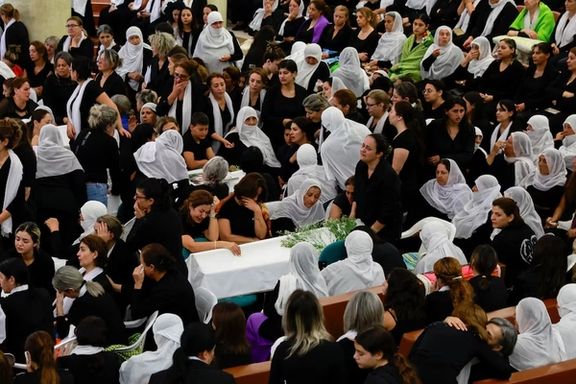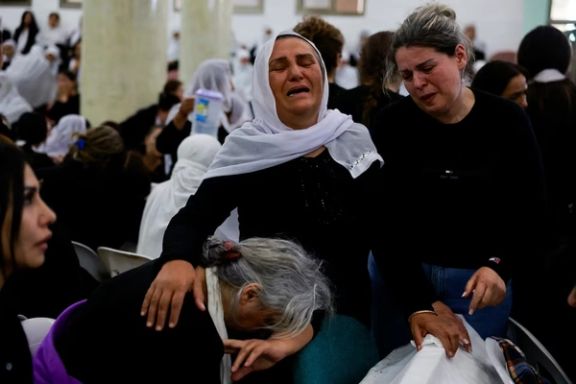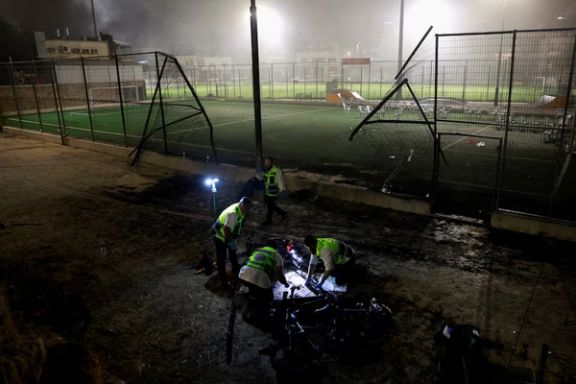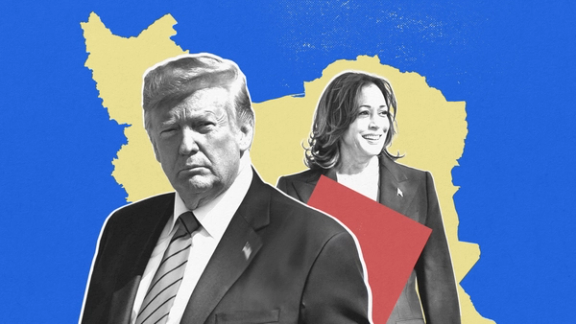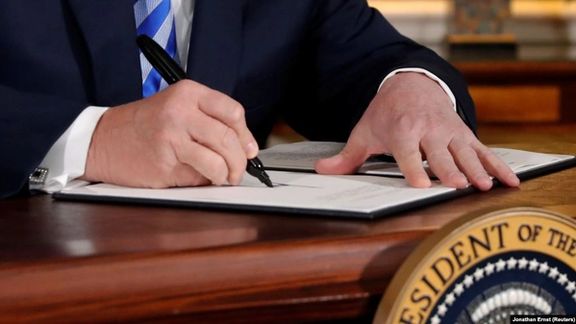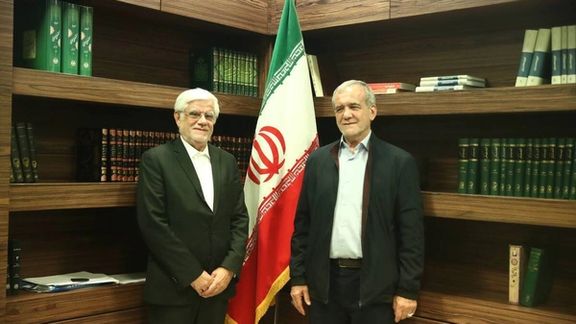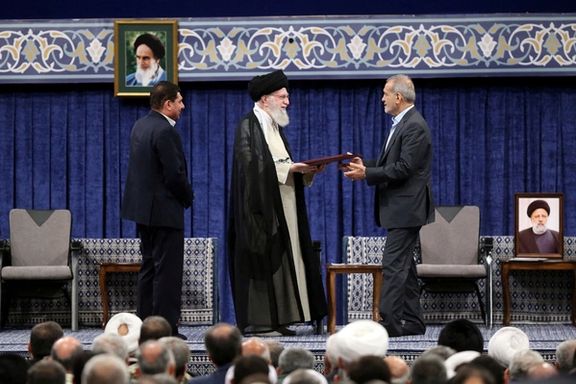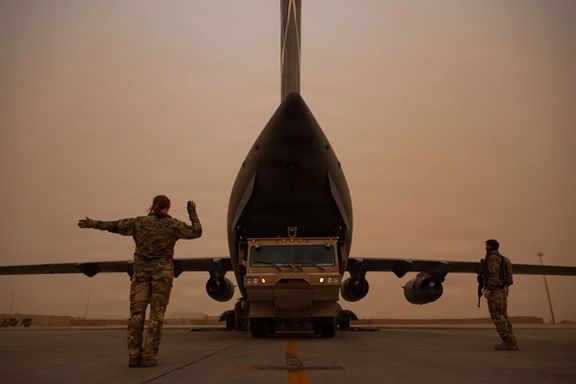Rashnu was summoned to begin serving three-years and 11-months on Saturday for defying mandatory hijab laws.
However, writing on X on Saturday, her brother, Saman, announced that the execution of her prison sentence has been deferred until August 3. He added that a request for a second retrial has been filed while expressing hope that the sentence would not be enforced.
Despite Iranian authorities bringing forward multiple cases against her, Rashnu appeared before Evin prison on Saturday without wearing the mandatory hijab, risking further fines and charges.
On Friday evening, rights groups and Iranians flooded social media with protests against Rashnu's summons to begin her prison term. The surge of support followed a video she released in which she announced that, having exhausted all legal avenues, she was forced to turn herself in at Tehran’s Evin Prison on Saturday.
“I haven't committed any act that justifies being removed from the city and the streets, denied my education, and imprisoned. Evil has such a grip on our lives that our bodies, our individuality, and our existence have been criminalized,” Rashnu added in the video in a post on her Instagram.
Despite being summoned to prison, Rashnu stated that what is more important than her prison sentence, is supporting political prisoners facing the death penalty in Iran.
“Right now, many prisoners in various prisons are going on hunger strikes every Tuesday to voice their protest against the death penalty to society, and they will continue until they bring society and humanity along with them. I believe the most important issue now is to end this evil as soon as possible,” Rashnu stated.
Support has been global. On Friday, the US-based Abdorrahman Boroumand Center for Human Rights in Iran condemned Rashnu’s prison sentence, stating that her case “highlights the ongoing suppression of women's rights and freedom of expression in the Islamic Republic.”
PEN America also voiced its support for Rashnu, stating that "Dissidents like Sepideh embody the role that writers and artists often play in defending human rights."
Criticizing the sentence as based on "fabricated national security charges", the US-based Center for Human Rights in Iran (CHRI) also expressed support for Rashnu.
Human rights activist and former Evin detainee, Atena Daemi wrote on X on Friday that in Iran “the war against powerful women continues,” adding that women like Rashnu “continue to fight and civil disobedience despite imprisonment and repression.”
Rashnu was first arrested on July 16, 2022, a few days after national “Hijab and Chastity Day” on 12 July, following the circulation of a video that went viral on social media showing her on a bus without the mandatory hijab.
The video also captured her in an argument with a woman identified as Rayeheh Rabi’i - an Islamic Republic loyalist, who was attempting to force her to wear a hijab. During the altercation, Rashnu was assaulted by Rabi’i.
Following her arrest state-run television (IRIB) aired a forced confession of Rashnu on July 30, 2022, showing visible signs of torture with bruised eyes and reportedly taken to hospital after the video was recorded.
On August 15, 2022, Rashnu’s case was referred to Tehran Revolutionary Court for charges including "gathering and colluding against national security", "propaganda against the state" and “promoting immorality and prostitution.”
Rashnu was eventually released on a bail of eight billion rials ($27,000 according to exchange rates at the time) on August 30, 2022.
An undergraduate painting student at Alzahra University, she was detained for several hours on June 20, 2023, for allegedly not complying with mandatory hijab laws on campus. She was released on bail and subsequently suspended for two semesters for her non-compliance with the hijab mandate.
On November 22, she received a sentence of three years and seven months for “gathering and colluding against national security,” and an additional four months for “propaganda against the state.” She was acquitted of "promoting immorality and prostitution."
In October, Rashnu was denied entry to her trial in Tehran after announcing on social media that she would not wear the hijab during the court session. A new case was opened against her for “unveiling in public,” resulting in a fine of 15 million rials (approximately $260).
Following the postponement of her prison sentence on Saturday, Rashnu took to Instagram to urge support for Iranian prisoners faced with executions.
"I think I can bear these delays, harassments, and even imprisonment but I can't bear watching people lose their lives...let us advocate for the life of those who are in danger of receiving a death sentence or have been sentenced to death," she wrote.
